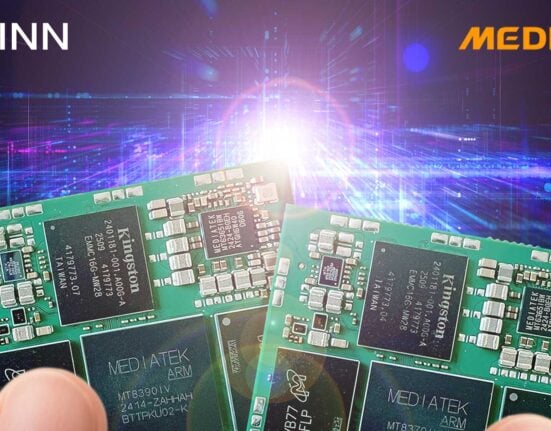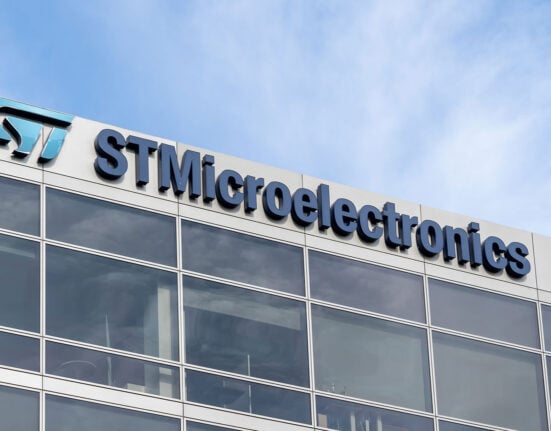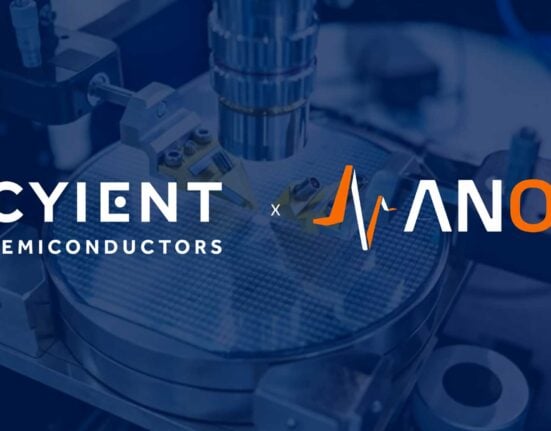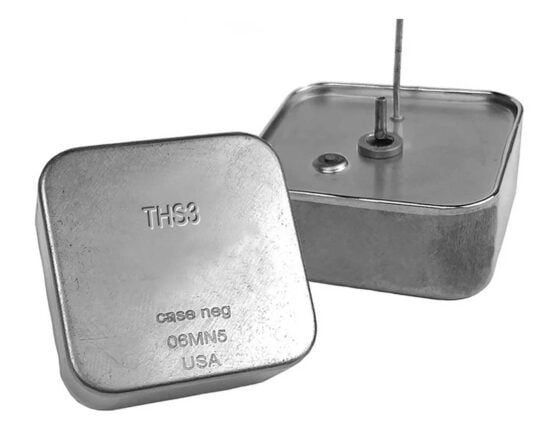Samsung Electronics plans to establish an advanced chip packaging research and development centre in Yokohama, Japan, with an investment of ¥25 billion ($170 million), according to The Korea Economic Daily.
The facility, scheduled to open in March 2027, aims to deepen the South Korean company’s collaboration with Japanese materials and equipment suppliers, as well as academic partners.
The City of Yokohama, which first disclosed Samsung’s intentions in December 2023, confirmed it would provide a Â¥2.5 billion subsidy to support the project. The new laboratory will occupy the Leaf Minato Mirai building – formerly a retail property and now repurposed as research space with pilot production lines. According to The Korea Economic Daily, Samsung purchased the 47,710 square metre building, which spans 12 floors above ground and four below, marking its first significant real estate acquisition in Japan in a decade.
Samsung’s Yokohama R&D centre would focus on advanced packaging technologies, a process that integrates graphics processing units, high-bandwidth memory, and other semiconductors to function as a unified chip.
Industry sources cited by The Korea Economic Daily noted that Samsung would collaborate with Japanese firms including Disco Corp., Namics Corp., and Rasonac Corp., alongside the University of Tokyo, whose researchers were expected to participate in the programme. The move positions Samsung more directly against TSMC, which set up a research lab at the University of Tokyo in 2019 and announced a joint laboratory there in June 2025.
Packaging is central to Samsung’s ambition to offer integrated foundry and packaging services. While TSMC continues to lead the sector, Samsung holds a 5.9% share of the global chip packaging market, The Korea Economic Daily reported. The company is pursuing several avenues to expand its capabilities, including the development of System-on-Panel (SoP) technology. SoP mounts semiconductors directly on large rectangular panels, rather than using silicon interposers or printed circuit boards, creating modules larger than conventional packaging methods allow.
Beyond Japan, Samsung is reportedly weighing the addition of advanced packaging capabilities at its Taylor, Texas plant, after securing a â‚©22.8 trillion ($16.5 billion) contract to produce Tesla’s AI6 chips.
With growing demand for AI and high-performance computing, advanced packaging had become a focal point of competition between Samsung and TSMC. By investing in Japan’s ecosystem of semiconductor expertise and infrastructure, Samsung aims to strengthen its position in the evolving market.














